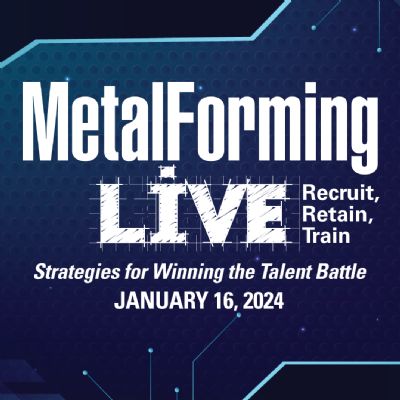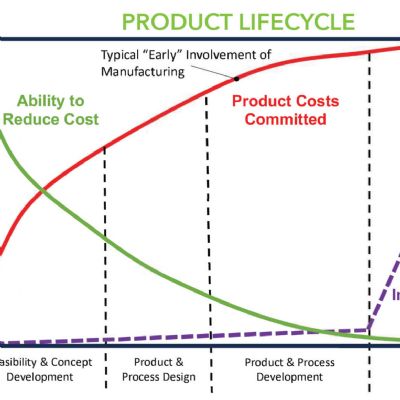 Douglas Ehlke
Douglas EhlkeCovenant Not to Compete 101
December 1, 2009Comments
A previously terminated sales manager subject to a three-year noncompete restriction begins to call on the old employer’s key customers for his new employer—a competitor in the same industry—and lures major customers a with lower bids.
A former employee discloses to a new employer information about his former employer such as:
• Efficiency factors gained from component experience;
• Nonstandard coefficient of friction used in system design;
• Contents of three pending patent applications; or
• Product costing and pricing information.
What can the former employer do in these situations to stop actions of the former employee and/or to seek damages? Legal lawsuit remedies range from injunctions to cease behavior to civil damages and attorney’s fees (against the former-employee and/or potentially against the new employer).
Where do you start? Hire a lawyer with experience in enforcing or defending noncompete clauses and have the lawyer review the employment agreement.
The Rules of Law on Noncompetition Agreements
1) A covenant not to compete is valid if it is reasonable in view of all circumstances of the particular case, and is a question of law.
2) A covenant not to compete should be no greater in scope than is necessary to protect the business or goodwill of the employer. If the scope of a particular provision is broader than necessary, courts have discretion to rewrite the contract to make it more reasonable.
3) There must be legal consideration exchanged for the agreement to be enforceable. As a general rule, legal consideration exists where the employee enters into a noncompete agreement when he is first hired. Covenants entered into after the beginning of employment require independent consideration beyond continued employment.
4) Protectable employer interests include:
• Goodwill associated with the relationship between the business’ customers and the departing employee;
• Confidential and proprietary information and trade secrets; and
• Customer hold aspect of goodwill may or may not be a protectable interest, it depends on the facts. In evaluating whether customer hold is a protectable interest in any given case, consider the quality and quantity of contact between employee and customers and the extent to which the employee-customer relationship will actually influence a customer’s purchase decision. Ultimately, the question is whether personal relations between employee and the employer’s customer are “such as to enable the employee to control, in whole or in part, the business of such customers as a personal asset.” Arthur Murray Dance Studios, 105 N.E.2d at 706.
What are Nonprotectable Interests?
While defection of a key employee to a competitor will usually result in a loss of business for the employer and/or advantage to the competitor, it is not als actionable. Prevention of ordinary (as opposed to unfair) competition is not a legitimate protectable interest. An employer cannot restrict activity of an employee based upon his or her training, skill or course of work for the employer. Courts will scrutinize the objective of an employer seeking to enforce a restrictive covenant and reject attempts to stifle ordinary competition, retain or punish an employee. Arthur Murray case in Ohio, 150 N.E.2d at 700-01.
An employer does not normally have a proprietary interest in its at-will employees or in their skills. Post-employment action by one employee to solicit other employees is actionable only when it is done for a wrongful purpose, such as to destroy the business, to misappropriate the employer’s trade secrets or to induce breach of a covenant not to compete. Schmersahl, Treloar & Co, v. McHugh, 28 S.W.3d 345 (Mo. App. 2000).







 Podcast
Podcast
 Webinar
Webinar